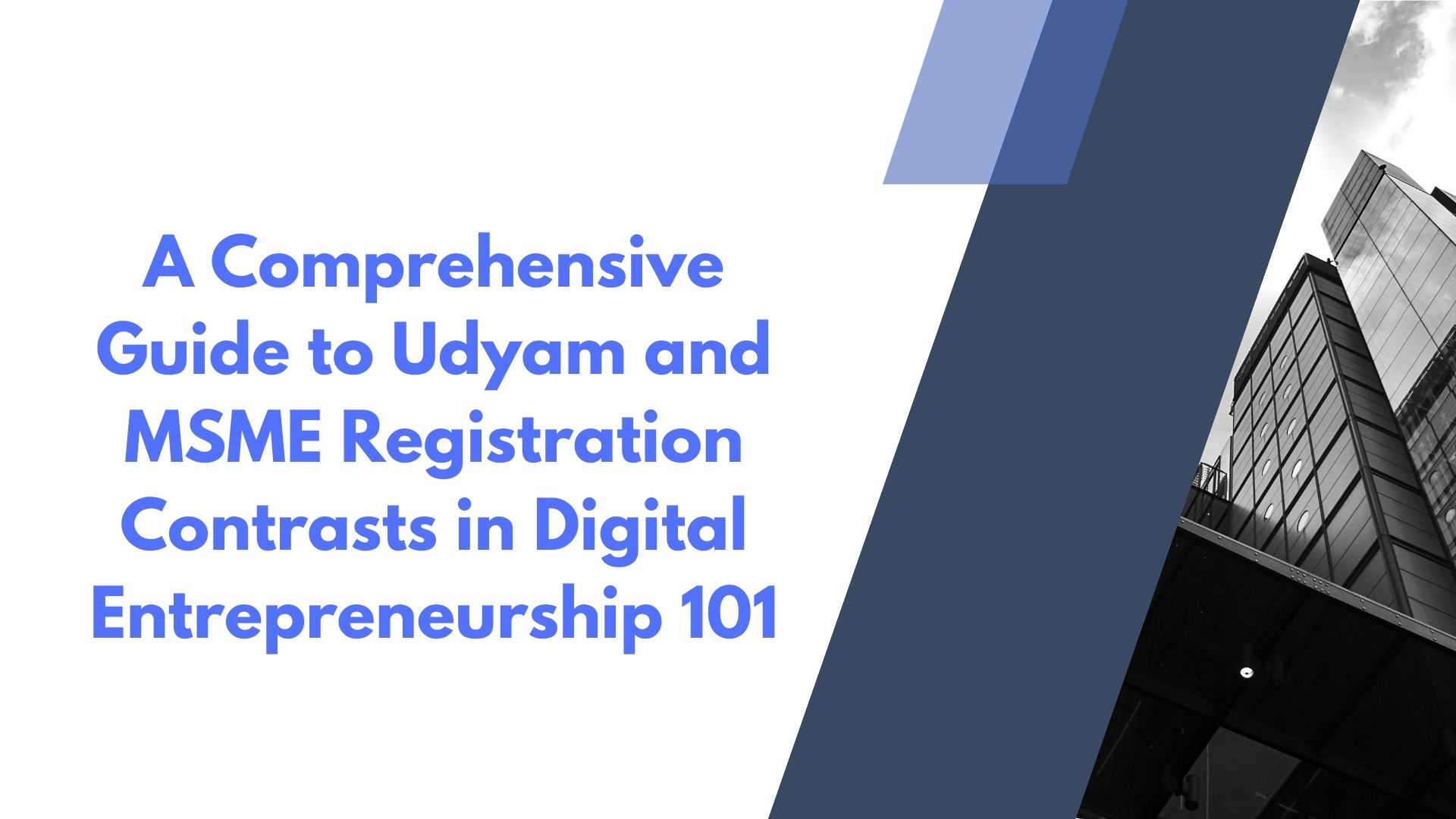Forex trading can seem intimidating and complex to beginners, but it can be rewarding and profitable with the right approach. Here are some simple ways for beginners to get into forex trading:
What is Forex Trading?
In forex trading, currencies are traded in pairs, with the value of one currency relative to the other. For example, the EUR/USD pair represents the value of the Euro relative to the US dollar. Traders buy and sell currency pairs hoping to profit from changes in the exchange rate between the two currencies.
Forex trading occurs through a network of banks, brokers, and other financial institutions facilitating trades between buyers and sellers. The market operates 24 hours a day, five days a week, with trading sessions in major financial centers worldwide.
Forex trading is popular among traders because of its high liquidity, low transaction costs, and the ability to trade on margin, which allows traders to control larger positions with a smaller amount of capital. However, forex trading in India is also high risk and requires a solid understanding of the market and trading strategies to be successful.
How does forex trading work?
Forex trading involves the buying and selling of currencies in pairs. The value of a currency is determined by its exchange rate relative to another currency. For example, if the exchange rate of the EUR/USD currency pair is 1.20, it means that one Euro is worth 1.20 US dollars.
Forex trading occurs in the over-the-counter (OTC) market, meaning that trades are conducted directly between buyers and sellers without a centralized exchange. The market is open 24 hours a day, five days a week, with trading sessions in major financial centers worldwide.
To participate in forex trading in India, traders must open a trading account with a broker. The broker provides access to the market and typically offers a trading platform that allows traders to place and manage trades.
Traders can buy or sell currency pairs by placing orders through their trading platform. There are several types of orders that traders can use, including:
- Market orders: orders to buy or sell at the current market price.
- Limit orders: orders to buy or sell at a specific price or better.
- Stop orders: orders to buy or sell when the price reaches a certain level.
When a trade is executed, the trader pays a spread, the difference between the bid and ask price of the currency pair. The spread is the main way that brokers earn revenue from forex trading. Traders can also use leverage to control larger positions with less capital. Leverage is a double-edged sword, as it can increase potential profits but also increases potential losses.
To be successful in forex trading, traders need to have a solid understanding of the market, trading strategies, and risk management. They must also stay current on economic and political developments affecting currency prices.
Forex trading can be a rewarding and profitable activity for those willing to put in the time and effort to learn and develop their skills. However, it is also high-risk and requires discipline, patience, and a willingness to learn from mistakes.
Ways to Get Into Forex Trading for Beginners:-
Educate Yourself
The first step in forex trading is to educate yourself about the market. This includes how to do forex trading and the basics, such as currency pairs, bid/ask spreads, leverage, and different trading strategies.
Many online and offline resources can help you learn about forex trading, including books, courses, and webinars. It’s essential to take the time to understand the market and develop a solid foundation before you start trading.
Choose a Broker
You’ll need to open an account with a forex broker to trade forex. There are many different brokers to choose from, so it’s important to do your research and choose a reputable one that suits your needs.
Some factors to consider when choosing a broker include regulation, trading platform, fees, and customer support. Look for a broker that offers a user-friendly platform and responsive customer support.
Start Small
When starting forex trading in India, it’s important to start small. Don’t risk more than you can afford to lose, and focus on building your skills and experience over time.
You can start with a demo account, which allows you to trade with virtual money in a simulated trading environment. This can help you understand the market and practice different trading strategies without risking any real money.
Develop a Trading Plan
Before you start trading, developing a trading plan that includes your entry and exit points, risk management strategy, and profit targets is important. A trading plan can help you stay focused and disciplined and avoid impulsive trades based on emotion.
Your trading plan should also take into account your trading style and goals. For example, if you prefer short-term trading, you may focus on day trading or scalping strategies, while if you prefer long-term trading, you may focus on trend following or swing trading strategies.
Manage Your Risk
One of the keys to successful forex trading is managing your risk. This means using appropriate position sizing, setting stop-loss orders, and clearly understanding your risk-reward ratio.
Position sizing refers to the amount of capital you allocate to each trade. Appropriate position sizing is important to avoid risking too much capital on a single trade.
Stop-loss orders are orders to close a position if the price reaches a certain level to limit losses. Setting stop-loss orders for each trade is important to manage your risk.
The risk-reward ratio is between a trade’s potential reward and risk. It’s important to understand your risk-reward ratio before entering a trade and only to take trades with a positive risk-reward ratio.
Keep Learning and Evolving
Forex trading is a dynamic and constantly evolving market, so it’s important to keep learning and evolving your trading strategies over time. This can involve keeping up with news and economic developments that affect currency prices, experimenting with new trading strategies, and learning from your successes and failures.
By following these simple steps, beginners can get started in forex trading and work towards developing their skills and experience over time. Remember to be patient, disciplined, and focused on your long-term goals, and you can succeed in the exciting and challenging world of forex trading.




